Have you ever wondered how soldiers manage to stay alert and perform their duties effectively despite challenging circumstances and limited sleep? The secret lies in the military sleep technique.
Military personnel are renowned for their ability to optimize their sleep patterns to ensure maximum rest and readiness. Let’s explore the fascinating world of military method of sleep and discover how you can apply the military method to fall asleep fast to enhance your own sleep quality.
What is The Military Sleep Technique?
The Military Sleep Technique is not a specific technique developed by a single individual but rather a collection of practices and strategies employed by military personnel to optimize their sleep quality and ensure readiness for duty.
Also known as Military Sleep System or Military Sleep Method, it includes multiple techniques that have been refined over time based on the unique challenges faced by soldiers in maintaining adequate sleep in demanding and often unpredictable environments.
In the military, sleep is considered a critical component of overall performance and operational effectiveness. Soldiers are often subjected to extended periods of physical and mental exertion, irregular schedules, and high-stress situations.
Related: How To Stop Revenge Bedtime Procrastination and Unlock Your Full Potential
To ensure they can remain alert, focused, and responsive, military organizations have developed and implemented various sleep management strategies.
One of the primary reasons the military sleep technique is popular within military circles is its effectiveness in maximizing the restorative benefits of sleep within limited time frames. Soldiers must be prepared to respond quickly and effectively at any given moment, even during periods when sleep may be scarce or disrupted.
By employing these techniques, they can optimize their sleep quality and minimize the impact of sleep deprivation on their performance.
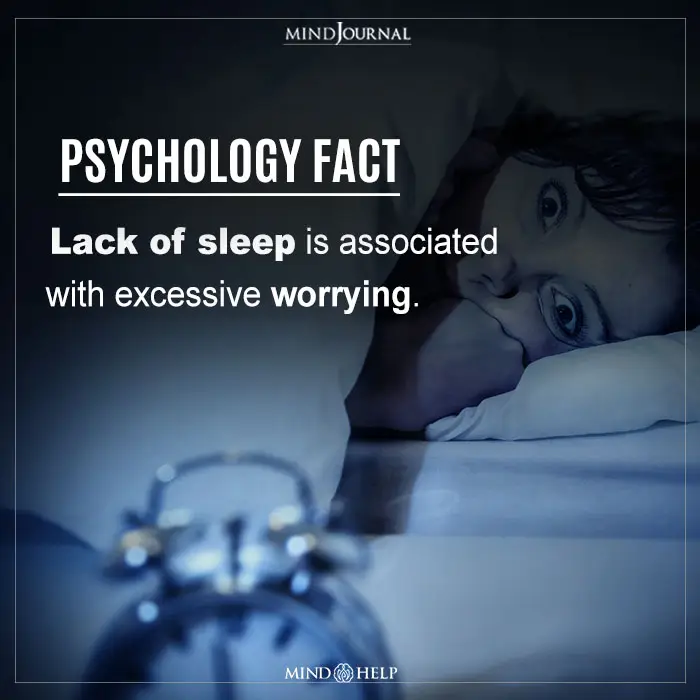
Principles of the Military Sleep Technique
The military sleep technique is employed by military personnel to optimize sleep quality and readiness for duty. It emphasizes sleep discipline, creating a sleep-friendly environment, pre-sleep routines, power napping, stress management, and physical fitness.
While initially developed for the military, the military method of sleep can be valuable for anyone looking to enhance their sleep quality and overall health. The military method to fall asleep fast emphasizes several key principles:
1. Sleep discipline
2. Sleep environment
3. Pre-sleep routine
4. Power napping
5. Stress management
6. Physical fitness
The military sleep technique is popular because it offers practical and adaptable strategies that can be applied in various situations to optimize sleep quality. These techniques are designed to promote restorative sleep within the constraints of military life, where soldiers often face unique challenges such as combat operations, shift work, and irregular schedules.
While the military sleep technique was initially developed for military personnel, its principles can be applied by anyone seeking to enhance their sleep quality.
By adopting these strategies, individuals can create a consistent sleep routine, cultivate a sleep-friendly environment, manage stress effectively, and engage in relaxation techniques, all of which contribute to better sleep and improved overall well-being.
Military Sleep Technique Strategies
Military personnel undergo rigorous training to develop resilience and adaptability, and one area where this is particularly evident is sleep management. By adopting specific strategies, soldiers optimize their sleep quality, allowing them to function at their best even in demanding situations.
Let’s delve into some of these techniques in the military method to fall asleep fast –
1. Stick to a Consistent Sleep Schedule
One of the fundamental principles of military sleep techniques is maintaining a regular sleep schedule. Military personnel adhere to strict sleep schedules, going to bed and waking up at consistent times every day.
This regularity helps regulate their body’s internal clock, promoting more restful sleep. Aim for seven to eight hours of uninterrupted sleep to allow your body ample time to go through all the sleep cycles.
Related: Health Benefits Of Darkness: 4 Reasons Why You Should Sleep In The Dark, Not With The Lights On
2. Create a Sleep-Friendly Environment
Creating a sleep-friendly environment is crucial. Soldiers ensure their sleeping quarters are comfortable, dark, quiet, and conducive to uninterrupted rest. They may use earplugs, eye masks, or white noise machines to block out external disturbances.
Transforming your bedroom into a sleep-friendly sanctuary can significantly improve your sleep quality. Keep your bedroom cool, dark, and quiet to create an ideal sleeping environment.
Invest in comfortable bedding, adequate pillows, and a mattress that supports your body’s needs, ensuring maximum comfort.
3. Practice Relaxation Techniques
Relaxation techniques play a vital role in military sleep techniques. Engaging in activities such as deep breathing, progressive muscle relaxation, or meditation before bedtime can help calm your mind and prepare your body for sleep.
These techniques help reduce stress and tension, promoting a more restful sleep experience.
4. Limit Stimulants and Screen Time
Caffeine, nicotine, and alcohol can disrupt your sleep patterns, making it harder to fall asleep and stay asleep. Avoid consuming these substances close to bedtime.
Additionally, minimize screen time before bed, as the blue light emitted by electronic devices can interfere with your body’s natural sleep-wake cycle. Instead, opt for relaxing activities such as reading a book or taking a warm bath.

5. Develop a Pre-Sleep Routine
Soldiers develop pre-sleep rituals to signal to their bodies that it is time to wind down and prepare for rest.
These routines typically involve engaging in relaxing activities, such as reading a book, practicing relaxation exercises, or meditating. This could also include taking a warm shower, listening to soft music, or practicing light stretching exercises.
Consistency is key, as your body will learn to associate these activities with sleep. Creating a pre-sleep routine signals your body that it’s time for sleep. Establish a calming routine that suits your preferences and engages in activities that promote relaxation.
6. Power Napping
In the military, power napping is a common practice to combat fatigue and boost alertness.
When opportunities for longer periods of sleep are limited, soldiers often utilize power napping. These short naps, typically lasting between 15 to 30 minutes, provide a quick burst of energy. It helps you to feel rested and refreshed without entering into deep sleep, which can lead to grogginess upon waking.
A power nap is usually short and is strategically timed to provide a quick burst of energy without entering into deep sleep. By incorporating power naps into your routine, you can experience increased productivity and alleviate midday drowsiness.
7. Manage Stress
Stress is a common disruptor of sleep. Military personnel receive training in stress management techniques to effectively handle the high-stress environments they operate in.
By managing stress, they can reduce its impact on their sleep quality and overall well-being. Engaging in stress-reduction techniques such as exercise, journaling, or seeking support from friends and family can help you better manage stress and improve your sleep quality.
8. Physical Activity
Regular exercise is encouraged within the military, as it helps regulate the sleep-wake cycle and promotes deeper, more restorative sleep. Soldiers engage in physical activities that maintain their physical fitness levels, which in turn contribute to better sleep quality.
Engaging in moderate-intensity exercise, such as brisk walking or cycling, can help regulate your sleep-wake cycle and promote deeper, more restorative sleep. Aim for at least 30 minutes of exercise most days of the week, but be mindful not to exercise too close to bedtime, as it can have a stimulating effect.
Related: Overthinking Before Sleep? 8 Ways To Avoid Racing Thoughts At Night And Sleep Better
9. Avoid Long Sleep-Ins
While catching up on sleep during weekends or days off may seem tempting, it can disrupt your sleep schedule and lead to grogginess. Instead, try to maintain a consistent sleep schedule, even on weekends, to ensure your body maintains a healthy sleep-wake rhythm.
Why The Military Breathing Technique for Sleep is So Effective
The military sleep technique, also known as the “Navy SEAL sleep method” or the “4-7-8 technique,” is a relaxation method designed to help individuals fall asleep more quickly. The 4-7-8 technique is a relaxation method involving inhaling for 4 seconds, holding for 7, and exhaling for 8 to promote calmness and better sleep.
The military breathing technique for sleep has gained popularity for its effectiveness in promoting restful sleep and reducing anxiety. Here’s why this military method to fall asleep fast is so effective-
1. Controlled Breathing
The military sleep technique relies on controlled breathing patterns. It involves a specific sequence of inhaling, holding, and exhaling, which helps calm the nervous system and slow down the heart rate. This controlled breathing aids in relaxation and prepares the body for sleep.
2. Stress Reduction
One of the primary reasons the military method of sleep is effective is its ability to reduce stress and anxiety. By focusing on the breath and the counting process, individuals are distracted from racing thoughts and worries, allowing them to let go of stressors that may be keeping them awake.
3. Distraction from Insomnia
For those struggling with insomnia or difficulty falling asleep, the military sleep technique serves as a distraction from the frustration of not being able to sleep.
By concentrating on the breath and counting, individuals redirect their attention away from sleep-related worries.
4. Mindfulness and Relaxation
The method promotes mindfulness by encouraging individuals to be present in the moment. This mindfulness, combined with relaxation, is a powerful tool for quieting the mind and relaxing the body, making it easier to transition into sleep.
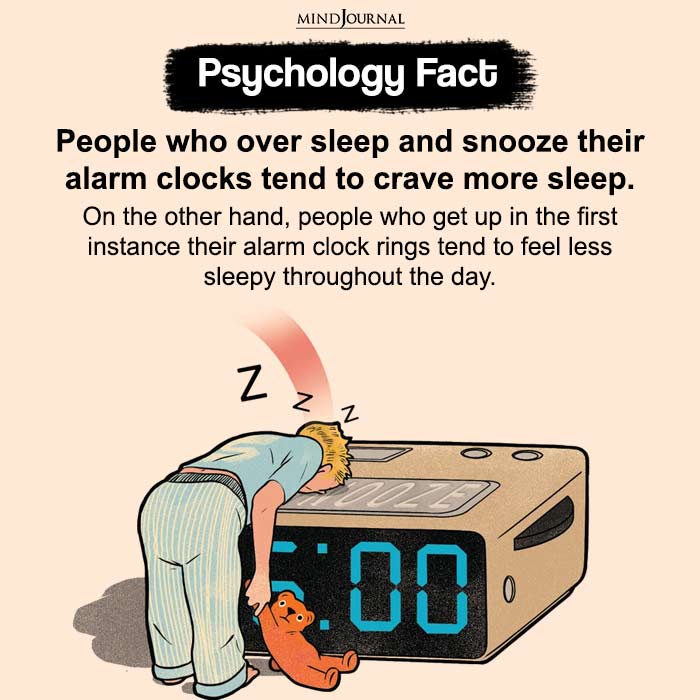
5. Regulation of Heart Rate and Blood Pressure
The 4-7-8 technique promotes a slower heart rate and decreased blood pressure, similar to the relaxation response that occurs during meditation. This physiological response is conducive to falling asleep.
6. Simplicity and Accessibility
The simplicity of the military breathing technique for sleep makes it accessible to anyone. There are no special tools or equipment required, making it a convenient method for those seeking to improve their sleep quality.
Related: What is Box Breathing Technique: A Comprehensive 4-Step Guide to Stress Reduction
7. Reversal of Fight-or-Flight Response
By engaging in deep, controlled breathing, the technique helps reverse the body’s “fight-or-flight” response, which is often activated during times of stress. This shift toward the “rest and digest” state is conducive to falling asleep.
8. Consistency and Practice
Like any skill, the effectiveness of the military sleep technique often improves with practice and consistency. Over time, individuals become more adept at calming their minds and bodies, which can lead to quicker and more restful sleep.
The military sleep technique’s effectiveness is attributed to its focus on controlled breathing, stress reduction, distraction from insomnia, mindfulness, physiological changes, accessibility, and the power of practice.
The military breathing technique for sleep offers a simple and practical way for individuals to improve their sleep quality and reduce the impact of stress and anxiety on their nighttime rest.
Importance of Sleep
Now that we know the details of the military sleep technique, we also need to realize that sleep is vital for survival and optimal functioning. Sleep is a fundamental physiological process that plays a crucial role in maintaining our overall health and well-being.
It is during sleep that our bodies repair and regenerate, our brains consolidate memories, and our immune systems strengthen. However, in today’s fast-paced world, sleep often takes a backseat, leading to a host of negative consequences such as fatigue, decreased cognitive function, and impaired performance.
“People with sleep deficiency have a greater risk of many health complications, including heart disease, kidney disease, high blood pressure, diabetes, stroke, and obesity.” explains a study.
According to David F. Dinges, PhD, Professor and Chief of the Division of Sleep and Chronobiology in the Department of Psychiatry at the University of Pennsylvania Perelman School of Medicine, “We tend to become much more sensitive emotionally and socially when we are sleep-deprived.”
He explains “I think we all have experienced having an extreme reaction or a very negative emotional response to a mild stressor when we have not had enough sleep.”
This is where the military method of sleep comes in. It can help us get some much-needed and well-deserved sleep when we are sleep deprived or are unable to fall asleep.

Takeaway
By adopting the military sleep technique, you can optimize your sleep quality and experience the benefits of restful sleep. Consistency, creating a sleep-friendly environment, practicing relaxation techniques, and managing stress are key factors in improving your sleep habits.
Remember, quality sleep is not a luxury but a necessity for your overall well-being. Embrace these techniques, rest like a soldier, and awaken each day feeling rejuvenated and ready to conquer the world!
Related: Warning Night Owls: Is Staying Up Late At Night Bad For Your Mental Health?
Frequently Asked Questions (FAQs):
What is the military method for going to sleep?
The military sleep method, known as the “4-7-8 technique,” involves controlled breathing with a 4-second inhale, 7-second hold, and 8-second exhale.
How to fall asleep in 2 minutes military style?
To fall asleep in 2 minutes military-style, use the 4-7-8 technique: inhale for 4 seconds, hold for 7, exhale for 8.
Does the military sleep trick work?
The military sleep trick, also known as the 4-7-8 technique, has been reported as effective for some individuals in promoting better sleep.
What are the sleep techniques for Navy Seals?
Navy SEALs use the 4-7-8 technique, a controlled breathing method, to enhance focus, reduce stress, and improve sleep quality.
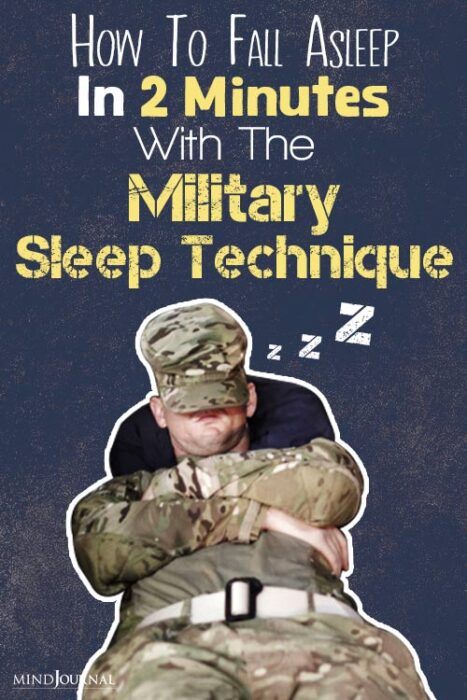
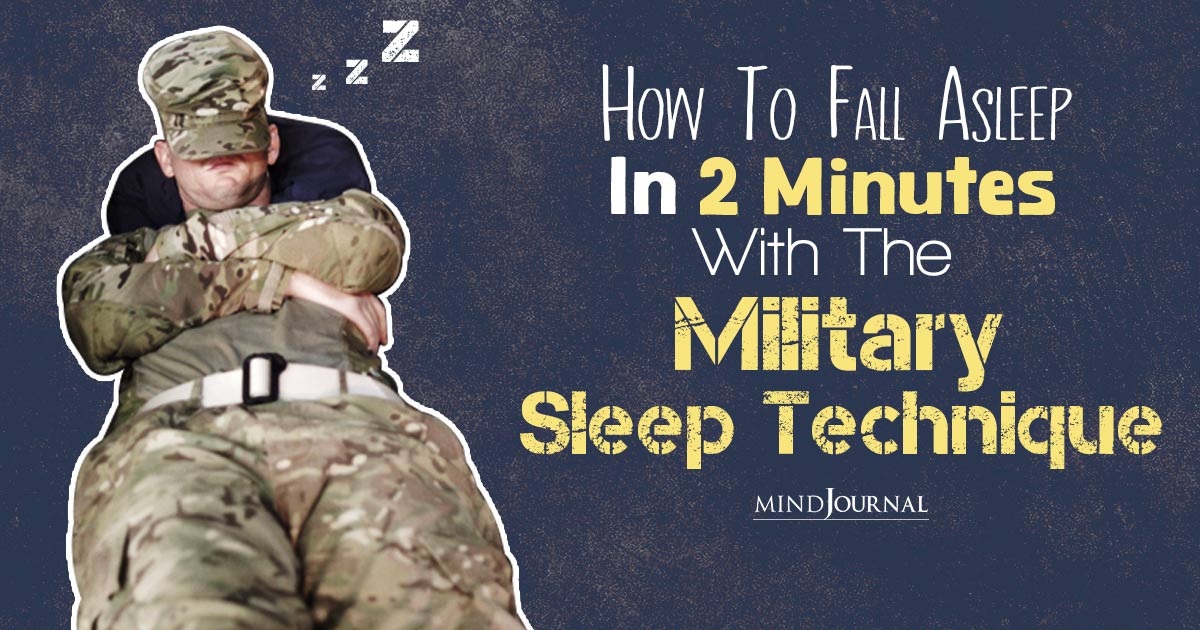

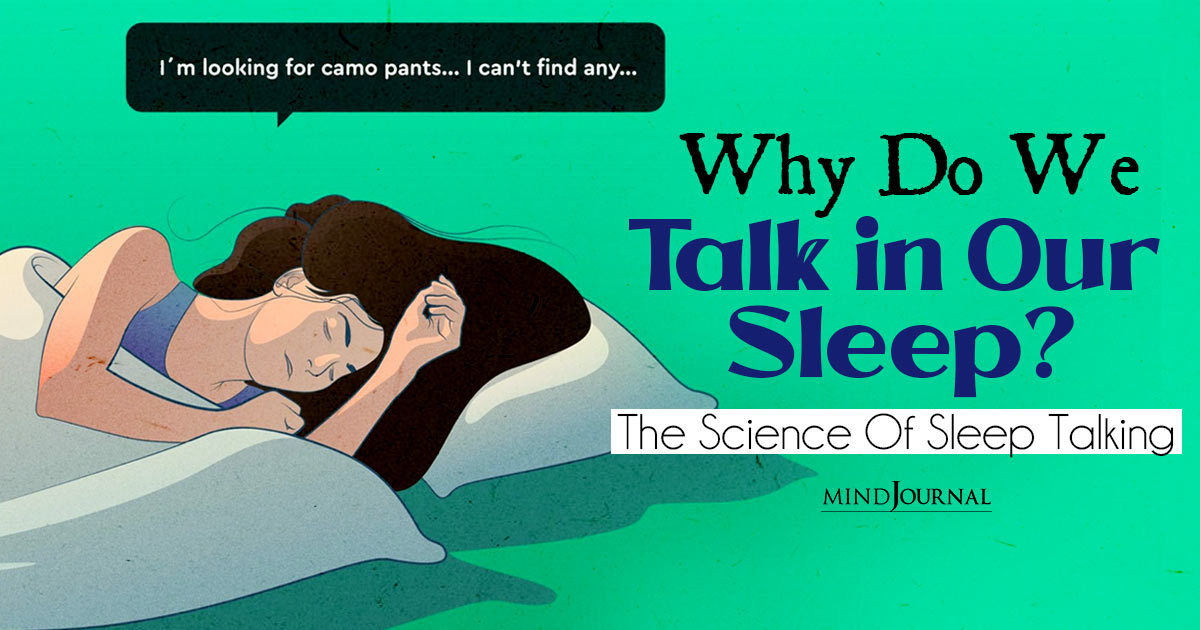





Leave a Reply
You must be logged in to post a comment.